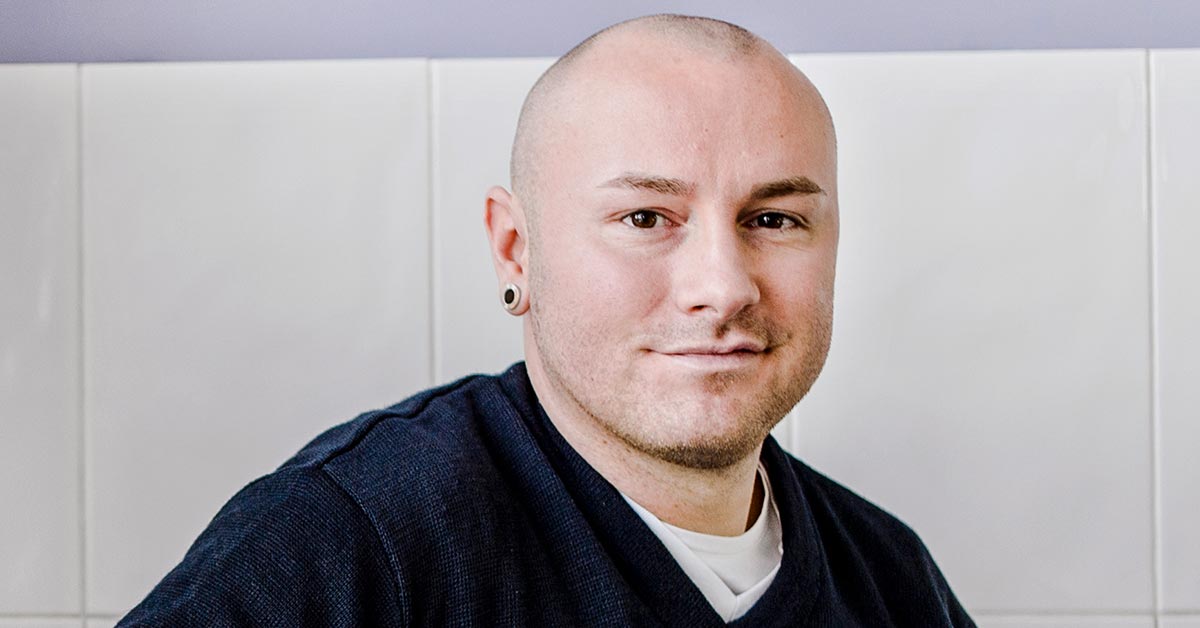12 Jun 2020
“There needs to be a top-down approach with the RCVS, BVA, universities and corporates taking the lead” – Nicole Regan of the British Veterinary Ethnicity and Diversity Society steering group.
Leading figures from the black, Asian, minority ethnic (BAME) and the wider veterinary community have called for strong and decisive action to stamp out racism in the profession.
Following the death of George Floyd at the hands of white police officers in Minneapolis last month, the Black Lives Matter movement has seen protests against institutionalised racism taking place across the world.
Now the spotlight has fallen on the veterinary sector; one of the least ethnically diverse of all the professions, with 3% of vets identifying as being from a BAME background.
Yet, despite such small numbers, a BVA survey last year highlighted that racially motivated incidents were some of the most common of all forms of discrimination reported.
Nicole Regan, a member of the British Veterinary Ethnicity and Diversity Society’s steering group, said: “I think it is clear to see that racism is a problem within the profession. Not enough is being done to encourage diversity.
“There needs to be a top-down approach with the RCVS, BVA, universities and corporates taking the lead. Financial and mental investment is crucial for it to be effective.
“There also has to be better participation and outreach programmes aimed at BAME students so they are actually exposed to the profession and see it as a career option.”

Daniella Dos Santos was appointed BVA president on a diversity agenda and has come out in support of the Black Lives Matter movement, having spoken out many times on the issue of discrimination in the profession.
She said: “Recent events are a stark reminder to us all to think about what we can do as individuals and, as a community, to stand up against racism and all forms of discrimination. At the BVA we are reflecting on how we can better support our veterinary colleagues who face prejudice.
“We know from listening to colleagues and from our own research that discrimination on the basis of race is happening in veterinary workplaces, and it’s an issue that must be addressed head-on, by us all.
“Black Lives Matter. It is up to all of us to act against racism and discrimination.”
Former AVS president and farm vet David Charles spoke at the first National Association for Black Veterinarians Conference in the US about barriers faced by black or minority ethnic vet students.
He said: “The veterinary profession is one of the least diverse professions out there. That is an irrefutable fact. What matters now is how we accept this and work to address our issue.
“The profession has, in the past two years, opened up to these conversations. The British Veterinary Ethnicity and Diversity Society, BVA, RCVS and others have started some excellent work to support those in our profession, and to keep driving the need to address the issue forwards. However, we all need to continue this momentum to ensure real change is made.”
Since the killing of Mr Floyd, Danny Chambers, a vet and founder of the Vet Voices online community, has been using his platform to try to encourage productive debate on the issue.
He said: “I’ve become more and more concerned about the lack of equality of opportunity with respect to deprived socio-economic groups and ethnicity.
“So I wanted to give a platform for the people of colour in this group [Vet Voices] to share their thoughts on this issue, tell us whether they do feel there are issues being in a predominantly white profession, and whether there are any actions we can take to support our BAME colleagues, or address any unintentional discrimination.”
VMG president Rich Casey added: “We need to accept the problem and switch from being non-racist to anti-racist.
“We need to educate ourselves on race and examine our unconscious bias. Amplify BAME voices, both within our businesses and the wider world, and critically examine our policies and processes to support an inclusive workplace.”
